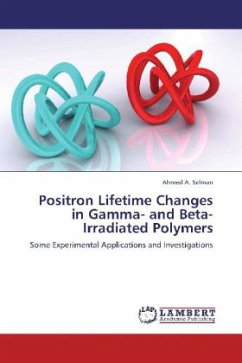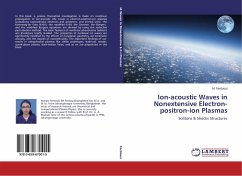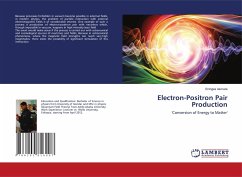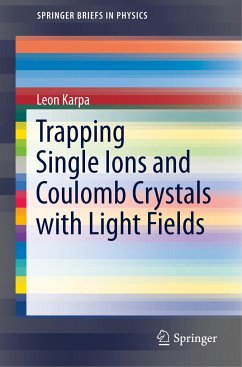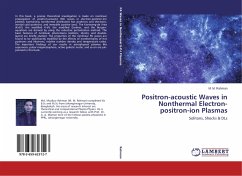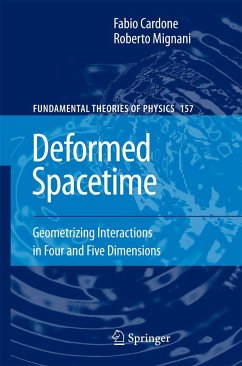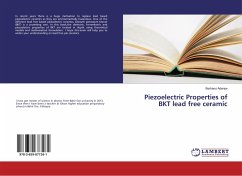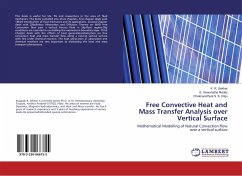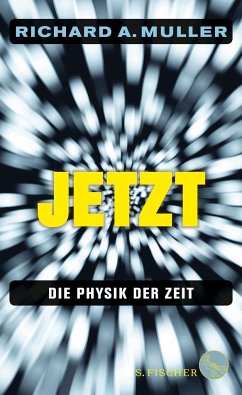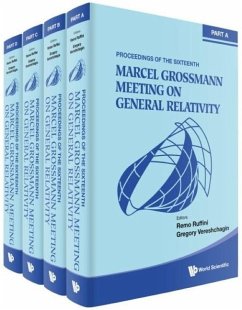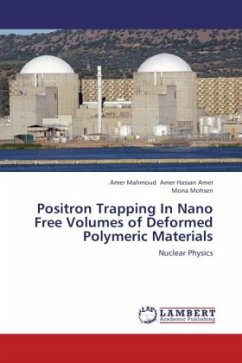
Positron Trapping In Nano Free Volumes of Deformed Polymeric Materials
Nuclear Physics
Versandkostenfrei!
Versandfertig in 6-10 Tagen
32,99 €
inkl. MwSt.

PAYBACK Punkte
16 °P sammeln!
Positron annihilation lifetime spectroscopy (PALS) has been applied in natural rubber to determine the properties of nano free volumes (size, concentration, distribution) as a function of temperature. The analysis of the PAL spectra have been performed by finite as well continuous methods using the routine L.T 9.0 in its discrete and distribution modes respectively. The results have proven, that the PALS is sensitive to probe the glass transition temperature and for the first time the melting transition temperature in natural rubber. In addition, the free positrons are found to be sensitive to...
Positron annihilation lifetime spectroscopy (PALS) has been applied in natural rubber to determine the properties of nano free volumes (size, concentration, distribution) as a function of temperature. The analysis of the PAL spectra have been performed by finite as well continuous methods using the routine L.T 9.0 in its discrete and distribution modes respectively. The results have proven, that the PALS is sensitive to probe the glass transition temperature and for the first time the melting transition temperature in natural rubber. In addition, the free positrons are found to be sensitive to the low density domains in the crystalline matrix as well as in the interphase between crystalline and amorphous phase. The deduced expansion coefficient indicating that o-ps is probing selectively free volume sites in amorphous domains.



